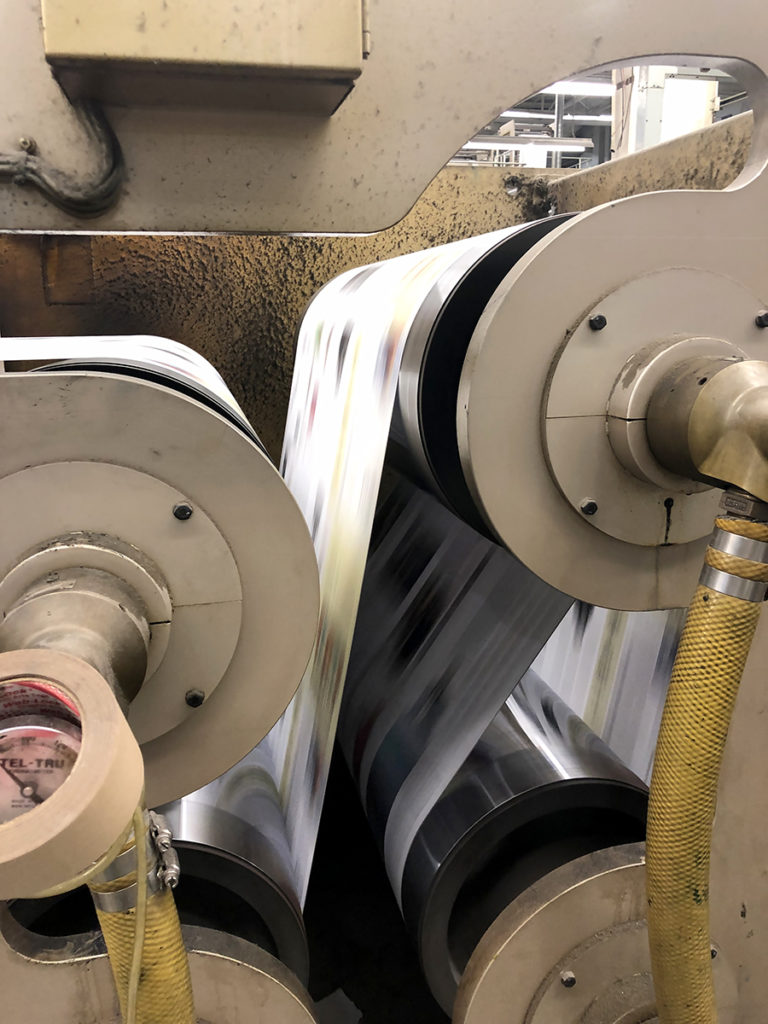
For most of my adult life, I’ve worked on magazines — three in higher education, a lifestyle magazine focused on diabetes, and a religious social justice monthly. From the very first issue that came off a press with my name in the masthead, I’ve expected that that magazine would change the world. It never does, or doesn’t seem to.
Last week, I confessed my vain and unfulfilled hope to Elias Wondimu, publisher of Tsehai Press and the Marymount Institute Press here at LMU. While putting out books that range from Ethiopia’s troubled history to collections of poetry by Los Angeles poets, Wondimu admitted to me that with each book he expects the same result that I do. And, he said, he rarely sees it.
But what Wondimu did see at a conference not long ago was five fellow Ethiopians, early in their varying careers, who sought him out when they learned he’d be present at the same gathering they were attending. They wanted to tell him how much his work meant to them. Their worlds, they said, were changed in some way, much to Wondimu’s surprise. He didn’t see it happen, but they told him that they did.
Our latest issue of LMU Magazine appeared in campus mailboxes this morning, and it’ll be in homes in just days, perhaps this weekend. LMU alumnus Maximilian Isi ’14 works with the LIGO Laboratory team, based at Caltech, that has detected gravitational waves first emitted a billion year ago. When I spoke to him for an interview in the new issue, he told me that the interferometers used to detect cataclysmic cosmological events, like colliding neutron stars, can also pick up events as mundane as trucks rumbling by. I’m thinking of asking him to keep an eye on his read-outs this weekend. Maybe he’ll spot something — a sign of a slight hitch in the earth’s rotation, say — just for an instant. I think he might.
